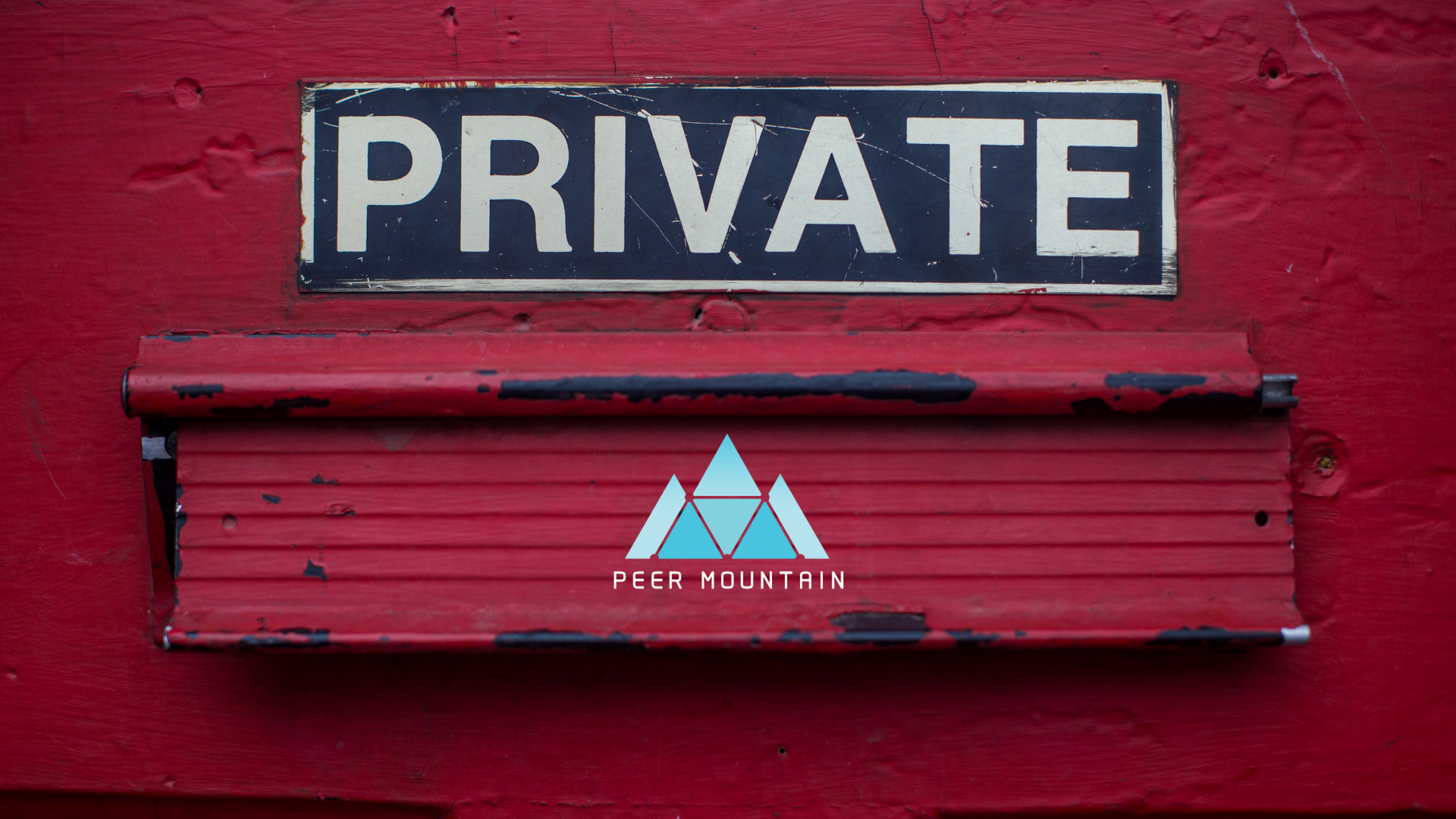How Do You Guarantee Security and Privacy at the Same Time?

Most people are aware of the dilemma that exists between security and privacy, and the apparent choice each person has had to make between the two. In order to make something secure, some central authority has needed full access to all relevant information, creating a central point of failure and the potential for corruption or abuse. Take a simple example: a child enters an internet chat room for children. Naturally, the child’s parents want to make sure that nobody over 16 years of age can enter the chat. But in order to prove this, they must share many details of the child’s identity with the site. Hence, the dilemma of security vs. privacy.
To elaborate: Security requires safeguards that make it difficult or impossible for criminals to gain access to your information. Most enterprise-level software platform now encourage measures to maximize security, such as long, complex passwords, two-factor authentication, and strong firewalls around sensitive information. Unfortunately, in order to verify these measures, businesses need to cross-check a large amount of information. In order to confirm that a person is who they say they are, they must corroborate personal details like date of birth, credit cards, and physical appearance. This would seem to make privacy from the eyes of internet corporations an unlikely outcome.
Privacy, though, is a concept whose importance is growing in the eyes of internet users. More and more, people are not comfortable with large tech companies having the amount of information about them that they currently do. Many do not like phenomena like targeted ads that appear based on a person’s browsing history, or that populate suggestions based on a user’s GPS location. But the question is, how do you guarantee privacy while also ensuring security? If you don’t share information with the organizations you do business with, how can they trust you?
Blockchain technology addresses both security and privacy. It is secure because all data is encrypted and stored across thousands of dispersed computers, making it functionally impossible for a hacker to steal your data. Each node has only a tiny fraction of the whole picture, making whatever the criminal manages to steal meaningless to them. The knock-on effect of this decentralized model, though, is that it also enables strong privacy protections. Because the blockchain verifies by consensus, it is possible to share small pieces of information such that the receiving party has full trust in its veracity without the need to independently verify. This is because all of the thousands of nodes in the system must agree on it for it to be true. There is no longer any need to compile large amounts of supplementary information — your mother’s maiden name, for example — in order to verify information and identity. That is how blockchain makes software both secure and private at the same time.
Companies such as Peer Mountain, which is currently preparing its ICO, aim to replicate the way we trust in real life. Under this framework, you rely on a trusted party to verify something for you, and only that person will know the exact details. Whenever somebody else asks you a specific question, such as age, he will only know that a trusted third party such as a bank or government confirms this fact. You no longer need to provide your specific birth date!
This is possible through a “zero knowledge” proof algorithm, which can make sure your own birthdate satisfies the requirements without actually providing the data to the company. This way, all of your information remains private, but you still have the security of knowing, for example, that your kids are among peers who are all 15 or younger. Hence, we actually can have trust and privacy together. As long as you trust the person who verified the information, you can also trust the document itself. That is how Peer Mountain simulates real life trust for digital interactions! Check out projects such as Civic, Self Key and Peer Mountain to learn more about such ecosystems and how they will be deployed in the real world soon.
Join the discussion on Telegram:
https://telegram.org/peermountain
Read the Peer Mountain white paper here:
https://www.peermountain.com/peermountain-whitepaper.pdf
Get a 30% discount in the Peer Mountain Token pre-sale – sign up now to get on the pre-sale whitelist!:
https://www.peermountain.com/
Too bad you don't have more followers. PeerMountain, just like Civic and more recently Sovrin have correctly identified an essential link currently missing in the internet value chain - the 1-1 mapping between physical identity and on-line identity. Bitcoin has solved the "double spend" problem for money. We now need a solution to solve the "doppelganger" problem of multiple fake personal accounts that enable Sybil attacks and which, while mildly annoying for Facebook, are a major headache for crypto-based platforms such as Steemit.
Hi! I am a robot. I just upvoted you! I found similar content that readers might be interested in:
https://decentral.market/2018/02/06/how-do-you-guarantee-security-and-privacy-at-the-same-time/